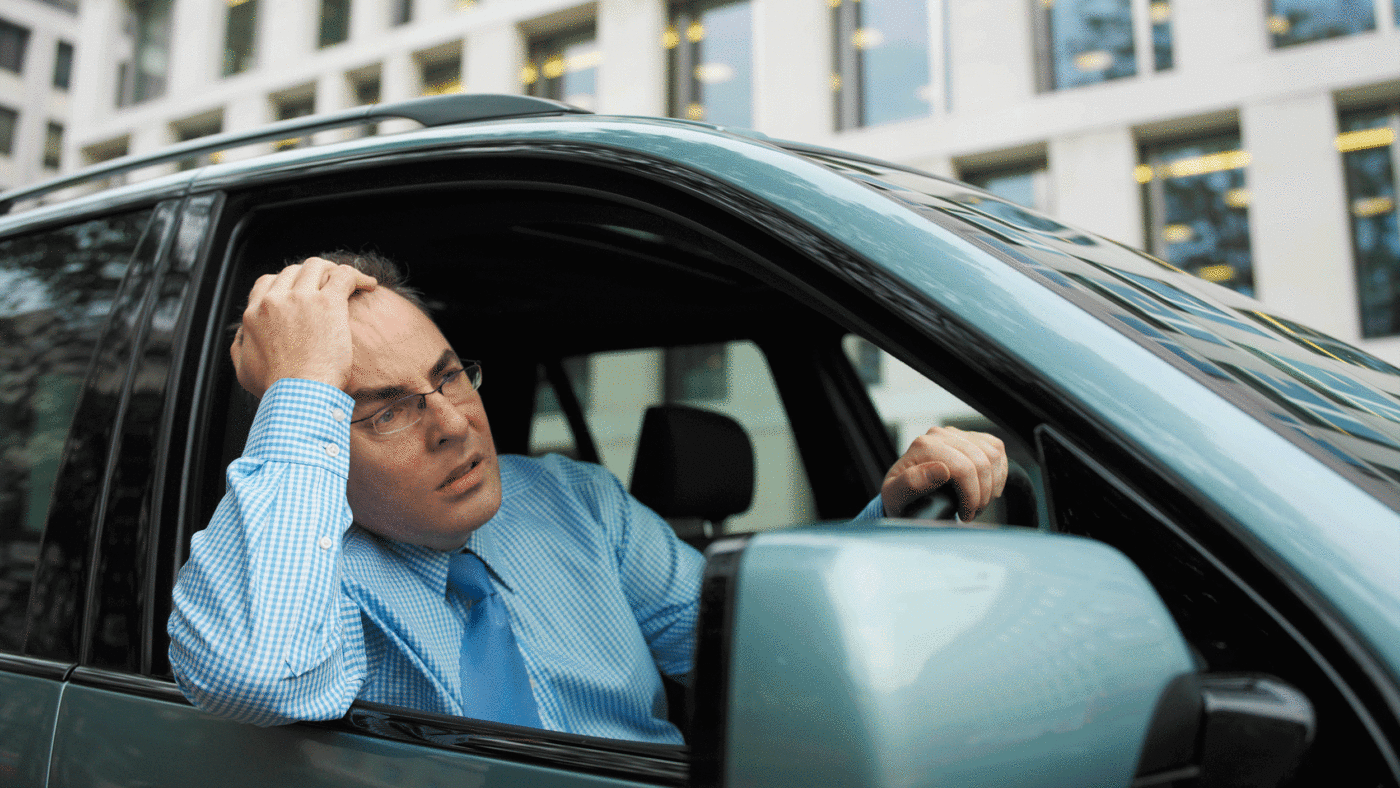Britain is a nation of drivers. Of the 645bn km travelled in Great Britain in 2021, 88% were by car, van or taxi. Precisely because so many of us drive, getting the policy right in this area is vitally important for our everyday lives – but it’s difficult to argue that motorists in this country are getting a fair deal.
You have a Treasury which has grown used to treating motorists as a cash cow, extracting far more from them in taxation than is ever ploughed back into the road network. Yet as the take-up rate of electric vehicles continues to rise throughout this decade, the Treasury’s coffers will begin to slowly empty as receipts from fuel duty decline.
Rather than replicate the status quo, in a new CPS report we propose a better system – per mile charging. EVs would be taxed a flat rate for every mile they drive, and yet would pay less than their petrol and diesel counterparts. What’s more, the system could be made far ‘smarter’ and fairer. Why should rural residents who have no choice but to drive pay the same as urbanites who have a plethora of public transport available to them?
In focus groups conducted for this report, participants did express concerns about privacy. But this system would not require location tracking. Where and when you choose to drive would be irrelevant, only the raw miles from the milometer would matter.
And then there are the local issues, which can often be even more contentious. Campaigners often point out the awful impact of air pollution on people’s lives, not least children living near major arterial routes. Yet the main solution brought in to solve this problem (clean air zones) can stir up a hornet’s nest of opposition if done badly.
Witness the recent uproar over Sadiq Khan’s ULEZ expansion, and Andy Burnham’s abortive attempt to introduce Clean Air Zones in Manchester last year. Although charges are meant to be a last resort to encourage drivers of dirty vehicles to upgrade to cleaner ones, bungling both the comms and the policy itself has given many people the impression that politicians are simply trying to tax them out of their cars.
There is a better way forward: more generous scrappage schemes, funded by increased hypothecation of money raised; more nuanced public communications focused on the goal of cleaner air and the desire for vehicle upgrades, not charging; and making sure people know there’s help available for those who need it.
Finally there is that old chestnut, congestion. Many people simply accept the abysmal speeds in our urban centres as a fact of life, and yet they have real economic, social and environmental consequences. And of course sitting in traffic is a daily annoyance for millions of drivers across this country.
The solution has been around since the 1960s, and is known as congestion charging – essentially putting a price on use of the road at certain times of the day. While no one likes paying more, those who can shift their journey times (or take the bus instead) do so, leaving fewer cars on the road and faster journeys as a result.
London has had such a zone since 2003, albeit quite a crude and low-tech version. There is an understandable perception among Londoners that Ken Livingstone’s brainchild hasn’t really done much, given the capital’s streets remain clogged at peak times.
While the problem would likely be far worse without the zone, congestion could be cut much more significantly if London embraced a smarter system. Rather than a flat charge to enter a defined zone, vary the charges based on the road and time of day. Indeed, Singapore does exactly this, allowing its government to explicitly target specific speeds on specific roads.
Overall, it’s clear the UK’s motorists are a (justifiably) unhappy bunch, paying far more in tax than is ever reinvested in the roads, which are often clogged up and filthy. But as our report shows, there is a better way forward. The decline in fuel duty receipts offers the opportunity for a fundamental rethink of our approach to motoring policy, which we should welcome. By shifting to per mile charging we can build a more transparent and fair system nationwide, while continuing to push ahead with tackling air pollution and congestion at the local level.
The goal of faster, cleaner, more efficient roads has never been nearer. We should seize the opportunity.
Click here to subscribe to our daily briefing – the best pieces from CapX and across the web.
CapX depends on the generosity of its readers. If you value what we do, please consider making a donation.


